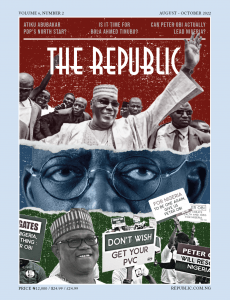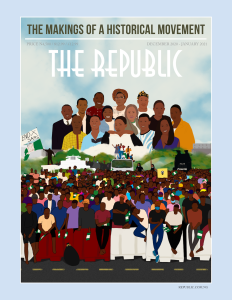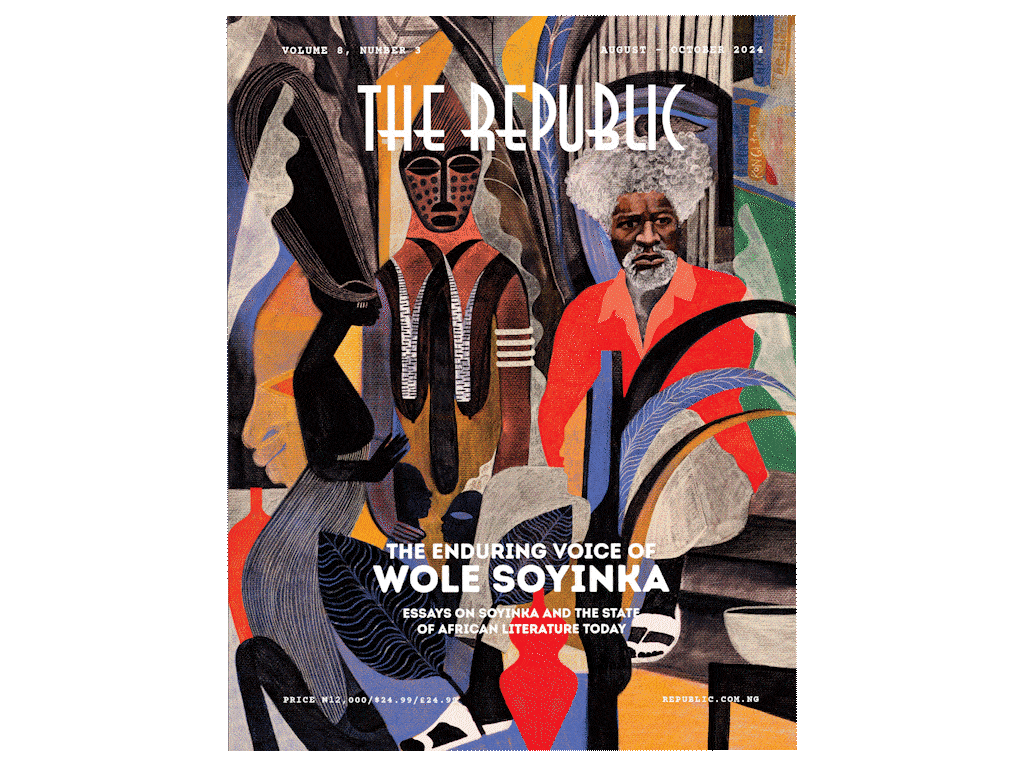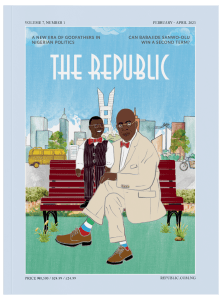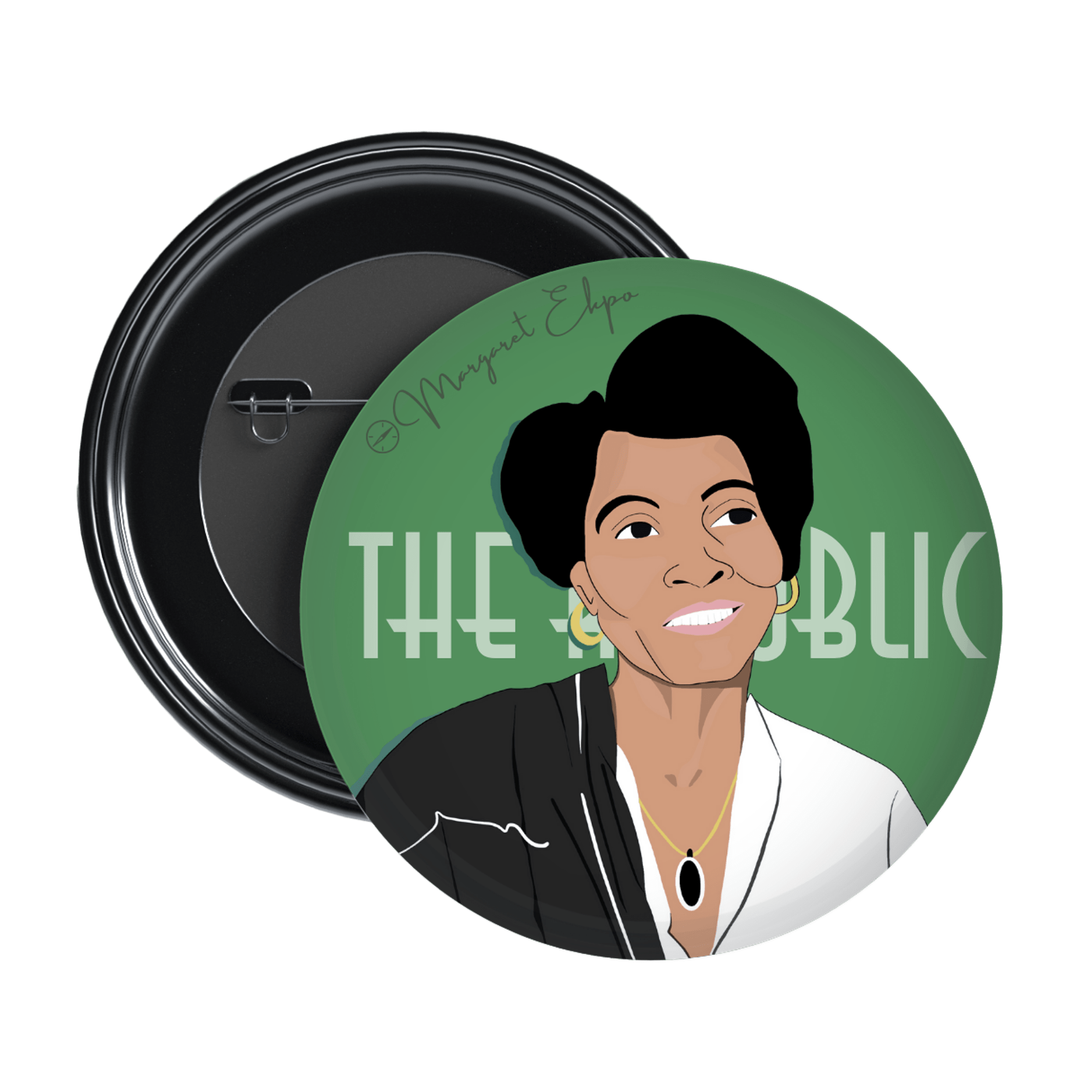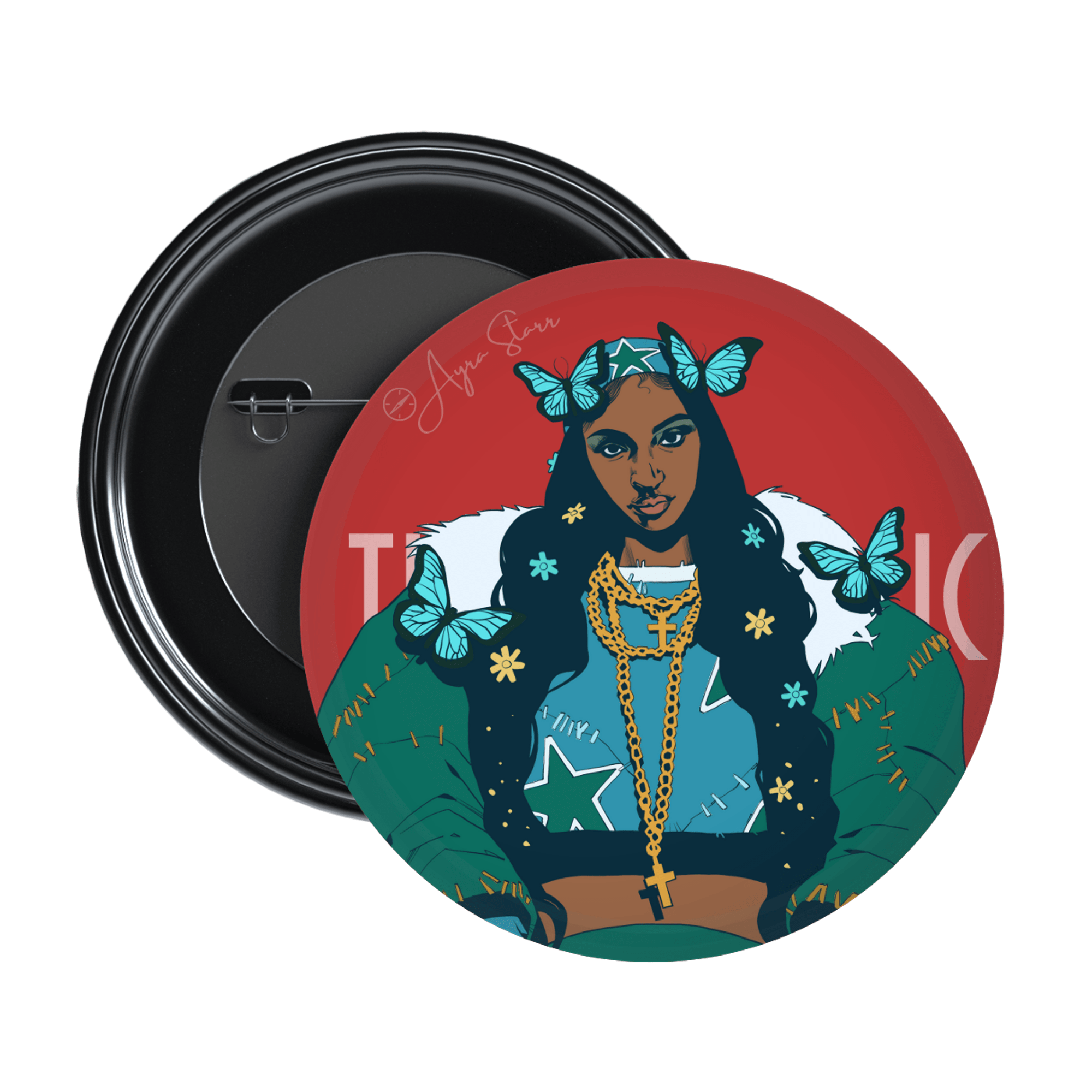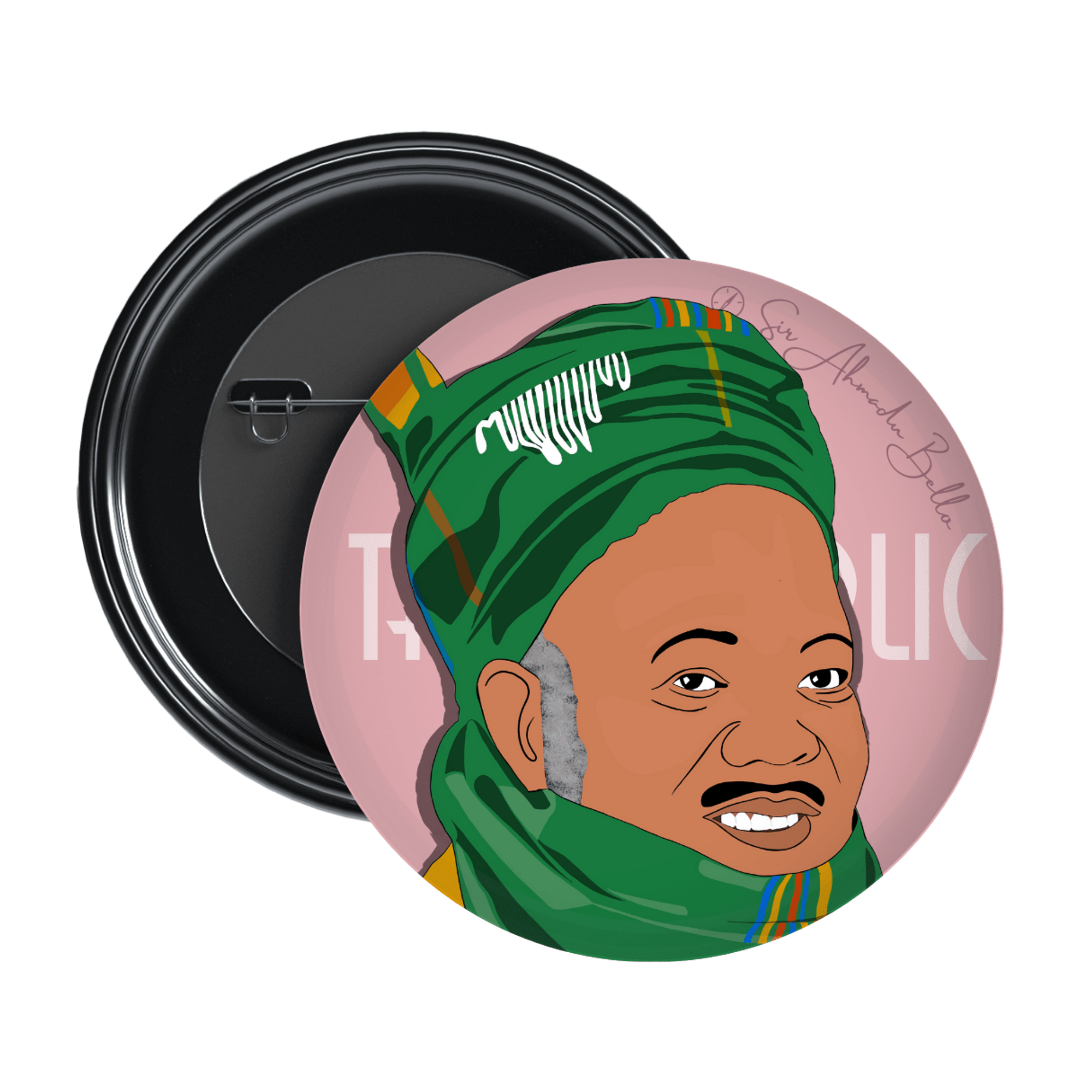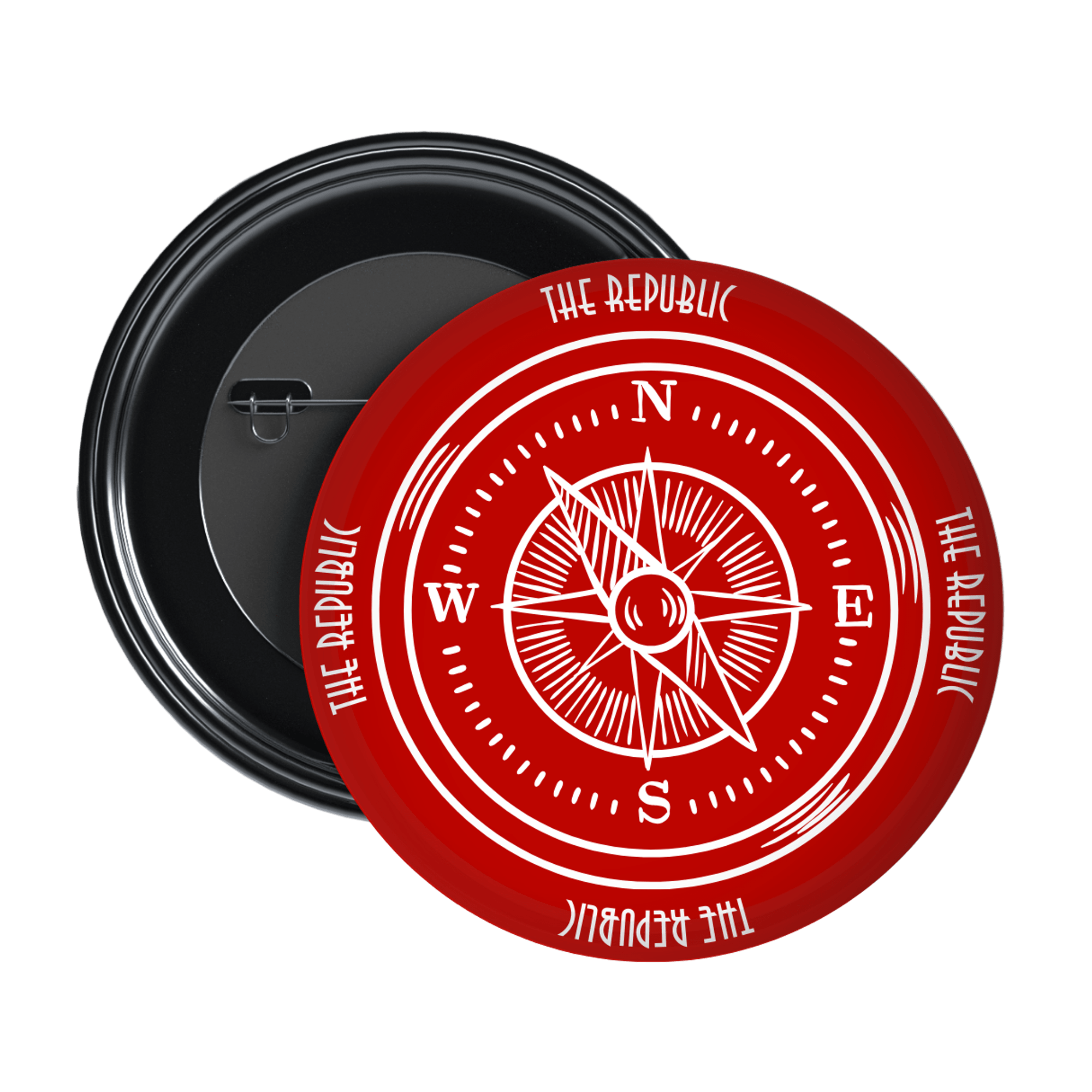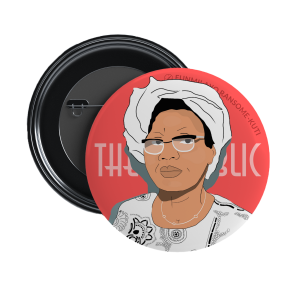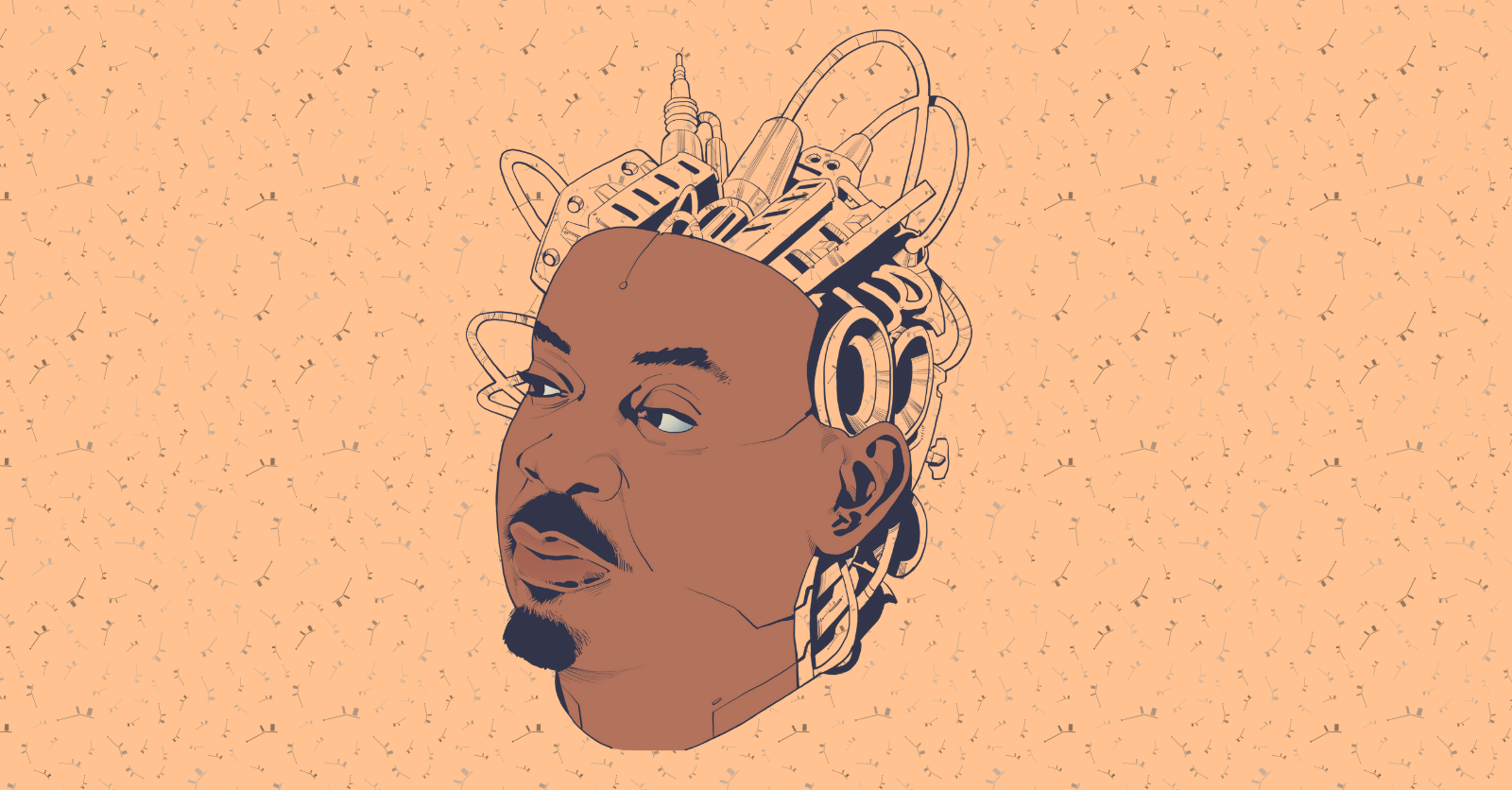
Illustration by Charles Owen (blvninjv) for The Republic.
the ministry of BUSINESS X THE ECONOMY
Don Jazzy’s Global Machine

Illustration by Charles Owen (blvninjv) for The Republic.
the ministry of BUSINESS X THE ECONOMY
Don Jazzy’s Global Machine
This essay features in our new print issue, Nigeria Imaginary. Pre-order the magazine at our 20 per cent advance discount, here.
Founded by Don Jazzy in 2012, Mavin Records has been instrumental in shaping Afrobeats as we know it for over a decade. In 2023, Mavin artist, Rema, made history as his hit single, ‘Calm Down’, became the first African artist-led song to join Spotify’s Billions Club. According to a BBC report, ‘Calm Down’ is also the best-performing Afrobeats song of all time on the Billboard charts, having peaked at number three on the Hot 100 chart and maintained a spot on the chart for 57 weeks, an unprecedented feat for any African artist. ‘Calm Down’ was first released in February 2022 as a lead single from Rema’s debut album, Rave & Roses. However, eager to make a global hit out of the record which was already faring well internationally, Rema called on American pop star, Selena Gomez to release a remix just 6 months later. Needless to say, it was a strategic move that paid off, as it earned him his first entry on the Billboard Hot 100 chart and Gomez her second-highest-peaking career hit.
Mavin Records is also home to Ayra Starr, a quintessential femme Afropop star who debuted less than two years after Rema but is already smashing her own records on the global stage. In January 2024, Bounce Networks reported that Ayra Starr’s ‘Rush’ music video had become the most viewed music video by a female African artist, with over 300 million views on YouTube. The electrifying tune charted in several countries, including Switzerland, the Netherlands and the UK, and bagged a diamond certification in France. The 21-year-old songstress also made history when ‘Rush’ was nominated for the inaugural Best African Music Performance category at the 66th Annual Grammy Awards.
These achievements, and a host of others, were certainly enough to capture the interest of Universal Music Group (UMG), as the ‘world leader in music-based entertainment’ announced an investment deal with Mavin in February 2024. The deal, which is expected to be closed by the start of the third quarter of the year pending regulatory approval, will see UMG own a multi-million-dollar majority stake in Mavin while leaving CEO, Don Jazzy and chief operating officer, Tega Oghenejobo, at the helm of management.
In UMG’s press release, its chairman and CEO, Sir Lucian Grainge, expressed excitement about the deal, stating:
Our criteria for identifying partners is straightforward: great artists, great entrepreneurs, great people. With Don Jazzy, Tega, the Mavin Global team and their artist roster, we’ve found ideal partners with whom to grow together. Mavin’s brilliant artists have been catalysts in the transformation of Afrobeats into a global phenomenon and we’re thrilled to welcome them into the Universal Music Group family.
This is not the first time a Nigerian record label will be partnering with a foreign music giant in a major way. In 2019, Warner Music Group (WMG) announced a deal with Chocolate City which was said to mostly entail the provision of distribution and artist services by WMG—although it later proved problematic as the two companies were embroiled in a legal dispute in 2023. Then, in 2020, rapper and founder of YBNL Nation, Olamide, announced his label’s joint venture deal with American record label, EMPIRE. The deal would see Olamide, Fireboy DML and YBNL’s subsequent signees (including Asake) also become part of EMPIRE’s repertoire. However, given the unparalleled scale of Mavin’s current local and international operations, a partnership with UMG could truly be game-changing. Moreover, UMG’s interest in developing and expanding Mavin’s artist development (Mavin Academy) and executive leadership (Mavin Future Five) programmes could enhance the sustainability of the local music industry. This is starkly different from many existing international music partnerships which typically bring stand-alone benefits to Nigerian artists and, in part, labels while reaping most of the rewards for the economies of the foreign companies.
IT’S DON JAZZY AGAIN
The story of Mavin Records would be sorely half-baked without first exploring that of producer, music executive and all-round musical genius, Michael Collins Ajereh, better known as ‘Don Jazzy’. Born in 1982, in the notorious Ajegunle neighbourhood of Lagos, Don Jazzy’s humble musical beginnings took place in his family’s Cherubim and Seraphim ‘white-garment’ church choir, where he naturally took to playing instruments and rotated between singing alto, tenor and bass parts. In 2000, after completing a year of studying business administration at Ambrose Alli University in Edo State, he moved to London to pursue further studies at the invitation of his uncle. Instead, according to his 2021 Blackbox interview with Bounce Radio Live, he found himself playing instruments in church bands and Jide Chord’s Juju music band for about £150-200 per gig.
Don Jazzy continued with these gigs, and a series of menial jobs, until he caught his big break with Solek Crew, a three-man band that comprised saxophonist and lead vocalist Solek, Don Jazzy and another instrumentalist who was also named Michael. Solek taught Don Jazzy how to programme beats on his keyboard, his first foray into any form of music production. Solek Crew would soon start earning £500-1,000 per gig, playing Juju and RnB/Hip Hop music at restaurants during the week and weddings on Saturdays—most notably at then President Olusegun Obasanjo’s daughter’s London wedding in 2002.
However, Don Jazzy’s glory days with Solek Crew ended when the band broke up, leaving him without a substantial source of income for months. Thankfully, JJC, a Nigerian producer who was already making waves with the ‘Big Brovaz’ RnB/Hip Hop group, heard a song for which Don Jazzy had programmed the beats, was impressed by it and quickly sought out the mastermind behind it. Don Jazzy eagerly jumped at the lifeline and visited JJC’s studio, where he finally learnt how to produce on a computer and made what he called ‘the wackiest beat ever made’. Nonetheless, recognizing his immense potential, JJC encouraged Don Jazzy and waited the few more days it took for Don Jazzy’s reality to catch up to his potential. Don Jazzy went on to co-produce beats for Big Brovaz and other (mostly White) artists.
An ambitious, talented Nigerian harmonica player and vocalist, who called himself D’Banj, would visit the studio frequently, but never quite got an in with JJC and Big Brovaz. Unbeknownst to both Don Jazzy and D’Banj (born Dapo Oyebanjo), they would soon go on to form one of the most formidable partnerships in Nigerian music history, catalyzed by a falling out between JJC and Don Jazzy. Feeling undervalued, Don Jazzy left Big Brovaz and banded together with fellow outsider, D’Banj. The duo made their debut album, ‘No Long Thing’, in London before relocating back to Nigeria in 2004, when the successes of young artists like 2face and Styl Plus served as a motivation. It was while brainstorming on how to put out the album that they decided to establish Mo’Hits Records, a clearly spelt out 50:50 partnership. They recruited their brothers, K-Switch and D’Prince, and D’Banj brought in his friend and rapper, Dr SID. Not too long after, Don Jazzy brought in Wande Coal, whom he had discovered at the University of Lagos, thereby completing the ‘Mo’Hits All Stars’ crew.
The dynamic duo of Don Jazzy and D’Banj quickly grabbed and held Nigeria’s attention with epic hits like ‘Why Me’, however, the All Stars did not make a collective statement until 2007, when they released a game-changing ensemble album titled Curriculum Vitae. The album, which was entirely produced by Don Jazzy and comprised hit tracks like ‘Pere’, was wildly successful, both critically and commercially. The following year, D’Banj released his third studio album, Entertainer, cementing his status as a hitmaker not just in Nigeria, but also throughout Africa. Then in 2009, Wande Coal released Mushin 2 Mo’Hits, which is widely lauded as one of the greatest Nigerian debut albums of all time. From the mid-2000s to the early 2010s, Mo’Hits was the moment.
shop the republic
-
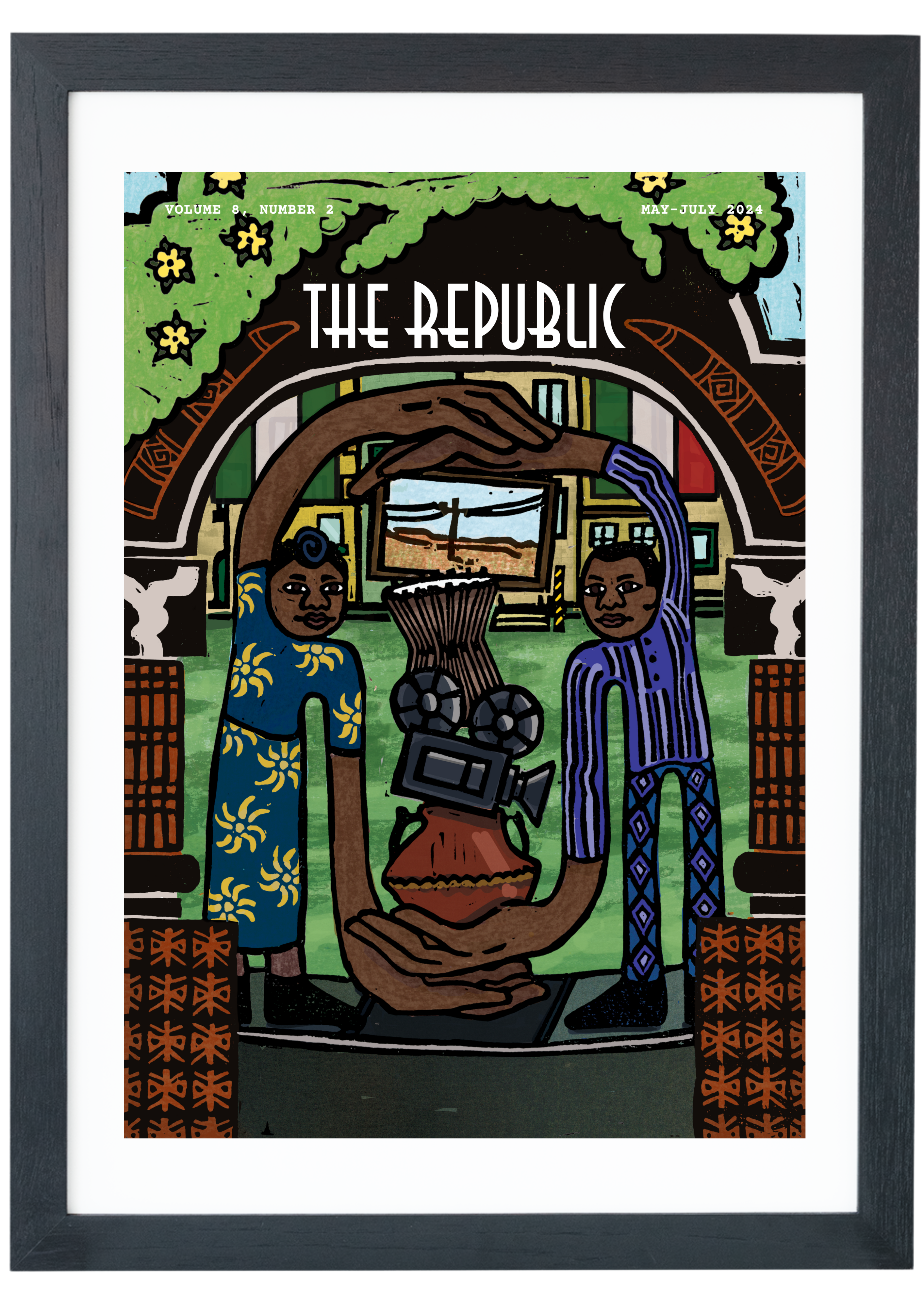 ₦140,000.00 – ₦150,000.00Select options This product has multiple variants. The options may be chosen on the product page
₦140,000.00 – ₦150,000.00Select options This product has multiple variants. The options may be chosen on the product page -
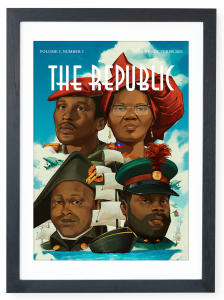 ₦70,000.00 – ₦75,000.00Select options This product has multiple variants. The options may be chosen on the product page
₦70,000.00 – ₦75,000.00Select options This product has multiple variants. The options may be chosen on the product page -
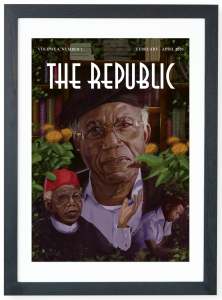 ₦70,000.00 – ₦75,000.00Select options This product has multiple variants. The options may be chosen on the product page
₦70,000.00 – ₦75,000.00Select options This product has multiple variants. The options may be chosen on the product page -
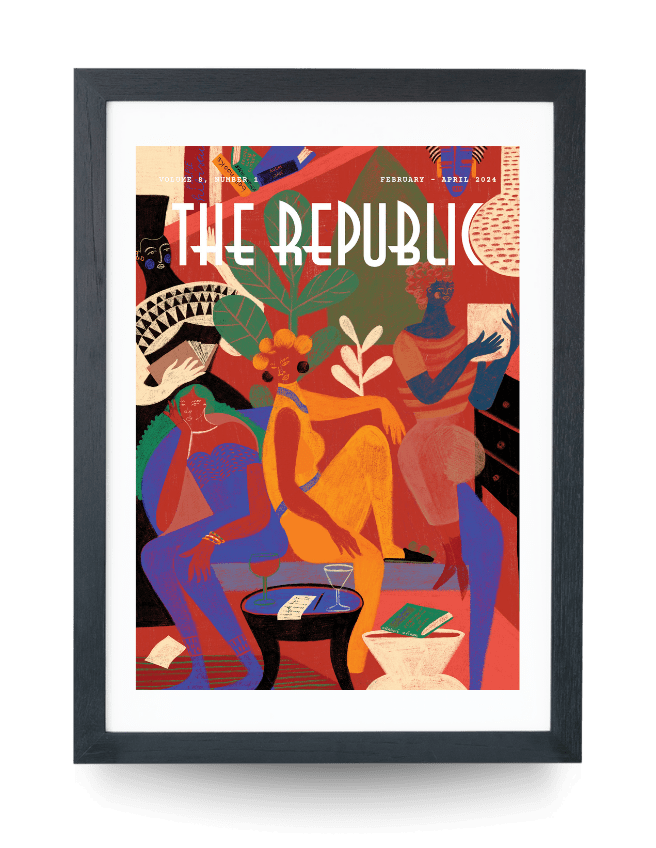 ₦70,000.00 – ₦75,000.00Select options This product has multiple variants. The options may be chosen on the product page
₦70,000.00 – ₦75,000.00Select options This product has multiple variants. The options may be chosen on the product page
shop the republic
-
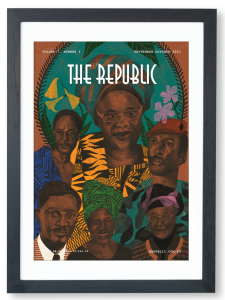 ₦70,000.00 – ₦75,000.00Select options This product has multiple variants. The options may be chosen on the product page
₦70,000.00 – ₦75,000.00Select options This product has multiple variants. The options may be chosen on the product page
MO’HITS 2 MAVIN
In June 2011, G.O.O.D. Music, a now-defunct record label founded by American rapper, Kanye West, in 2004, signed Don Jazzy and D’Banj. This was a big deal, the biggest crossover for Nigerian artists at the time, but it was also the beginning of the end for Mo’Hits. While D’Banj was all for the crossover, Don Jazzy felt that the US market wasn’t yet ripe for Afrobeats music. He felt more justified in his thinking after he co-produced ‘Lift Off’ for Jay-Z’s and Kanye West’s joint album, Watch the Throne, and the American label stripped off the Afro-inspired beats, leaving a record that they felt would be more palatable to Western ears. Don Jazzy knew that the time for global penetration would still come, but then, he needed to focus on building what he had back home.
Mo’Hits dissolved and in May 2012, Don Jazzy launched Mavin Records with a debut ensemble album titled Solar Plexus, featuring what was left of the Mo’Hits roster and an exciting new addition, label ‘First Lady’, Tiwa Savage. The album’s intro track captured the vision of the record label with a titular definition: ‘Mavin: defined as a person exceptionally skilled in any field, a person with special knowledge or ability who performs skillfully. Synonymous with hotshot, superstar, sensation, genius, champion.’
Just like in Mo’Hits, Don Jazzy initially took a background role in the label, producing all their records and inserting his signature sonorous ad-libs. This time though, he called on marketing maestro, Tega Oghenejobo, to help him build his empire from the jump. Oghenejobo served as the brand and marketing executive of Mavin Records for five years before he rose to the ranks of chief operating officer. While Don Jazzy discovered and developed his artists and produced hit songs, Oghenejobo focused on making sure Mavin left an indelible impact on the public.
shop the republic
DIAMONDS IN THE ROUGH
Mavin’s artist roster has steadily grown over the years. By February 2014, the five-artist label had grown to eight with the signings of Korede Bello, Di’Ja and Reekado Banks. The trio’s launch was consolidated with their features in ‘Dorobucci’ and ‘Adaobi’ that same year. In February 2017, Mavin Records grew once again with the additions of Johnny Drille, Ladipoe (then Poe) and DNA twins. 2019 saw Rema and Crayon join the label; the former’s signing was in partnership with ‘Jonzing World’, a subsidiary record label owned by Don Jazzy’s brother, D’Prince. In January 2021, Ayra Star’s debut marked a new style of artist launches—or ‘Mavin activation’ as they like to call it. A video posted from the artist’s or label’s X account would creatively introduce the activated Mavin’s persona and announce the release of an eponymous EP with 4-5 tracks. This exciting format was successfully used to launch Magixx later in 2021, Bayanni and Boy Spyce in 2022, and Lifesize Teddy in 2023.
However, another unique element that has accompanied Mavin’s activations is an antecedent period of artist development in Mavin Academy, a practice which started with Rema in 2018. After scouting for talent on social media platforms, Don Jazzy would reach out to them and enrol them in the academy, an abstract place which in his words is for ‘growing and working under the radar’.
Tope Agbeyo, the communications and public relations liaison at Mavin, explained the workings of the Academy to me:
Mavin’s business model is to sign completely new talents. And the thing about that is they don’t just want to pick up somebody and expose them to the public without having any education on what to expect or understanding of how the industry works. So what happens is that they’re in the Academy for however long it takes them to be ready. That means they’ve recorded a lot of music sessions, they understand their style, they’ve worked with multiple producers, they’ve met with the A&R team, they’ve met with the marketing team and when you feel like oh, okay this is a lifestyle they’re ready for, you can activate them. Ayra Starr was in the Academy for about nine months while Lifesize Teddy was in the Academy for about 2 years, it depends on how fast your development is, when they feel you are ready, and your patience. The Academy comes at zero cost to the prospective talent as the company pays for studio recording time and they get taken care of in general. If we as a label find you and feel that you’re talented, all the costs of the Academy will then be our investment in you, irrespective of whether it works out or not.
Don Jazzy and the Mavin team have a knack for assembling the most versatile band of talents while they are still diamonds in the rough and refining them to full brilliance. Even before it took on the more elaborate form of the Academy, it was Don Jazzy’s emphasis on refinement that drew Tiwa Savage, already a star in her own right, to Mavin back in 2012. ‘To me, he [Don Jazzy] is not just a producer. He develops artists, he develops sound. I saw what he did with creating stars out of Dr SID, D’Prince and D’Banj, and I wanted him to take me to that next level,’ Savage expressed in her 2021 Blackbox interview.
Moreso, Don Jazzy, who has now embraced a more outspoken and vivacious persona on social media, doesn’t shy away from leveraging his popularity and goodwill to promote his artists. According to Moyosore Onipede, an artiste manager and event specialist who produced Mavin’s 2023 University Tour, this is an essential part of Nigerian record labels today. ‘It makes a lot of difference when you have the backing of someone who is an OG (veteran) in the industry, that’s mostly the work of labels in Nigeria honestly. In Nigeria, I don’t think there’s any functional label that doesn’t have an OG as the strong-arming person, there needs to be that one person that can pave the way and make a direct call,’ Onipede explained.
Mavin has also given room for the development of music business enthusiasts, between the ages of 18 and 23, with its ‘Mavin Future Five’ programme which started in 2021. ‘The programme creates an avenue for people who are interested in the business side of music to learn because there’s no university in Nigeria where you can learn about marketing in music, journalism or how to be an A&R. So we created the programme to ensure sustainability of the label and of the industry in general because these are future leaders who can start their own companies, go into other labels as well and do very great stuff,’ Agbeyo shared.
shop the republic
MAVIN GLOBAL
Mavin Records first secured a multi-million dollar investment from Kupanda Holdings, a joint venture between Kupanda Capital and TPG Growth, in 2019. According to Rima Tahini, head of A&R at Mavin and senior associate at Kupanda Capital, this was the biggest institutional investment in African entertainment at the time. The capital influx and strategic partnership helped Mavin Records, part of Mavin Global, build the company into what it is now: a global company with over 90 staff who work in core creative capacities and across more corporate departments like marketing and partnerships. In her 2024 interview with I Said What I Said podcast, Tahini explained how Kupanda helped to build the label’s structure:
We had to learn the things that applied to us because there was no model for us to look at. Of course, we have people like Jazzy and Tega who’ve been here for so long. Jazzy’s gone through several iterations of this work, from Mo’Hits to Mavin and now Mavin Global, so he’s seen a lot and there’s a lot I personally learnt from him and Tega…For an artiste, it’s about their career, but you as an executive, you want to make sure that the label has a structure that lasts even beyond that particular artiste, so you can’t build it around one person. You have to make sure your hiring is in place, your structure is in place, you’re thinking about your ROI, you’re thinking about what makes sense. We had to look for the North Star, for the direction the industry was headed in.
While many other Nigerian record labels focused on raising revenue typically through bookings and performances, Kupanda laid emphasis on boosting Mavin’s streaming volumes, both as a more sustainable source of revenue and as a tool for global penetration. Of course, when the world came to a standstill during the pandemic in 2020, the value of pulling in streaming revenue became very glaring and Mavin seemed to be ahead of the curve. Still, even with the advent of Nigeria’s streaming era, there are infrastructural challenges, such as low internet penetration rates and access to smartphones, that limit the amount of revenue that can be made locally, highlighting even more the need for global penetration. Agbeyo informed me of Mavin’s desire to ‘infiltrate the markets that can bring about immense streaming volumes,’ and come back to invest the returns into the development and empowerment of Nigeria’s institutions and people.
Moreover, unlike the time of the GOOD Music deal, the global successes of Davido, Burna Boy and Wizkid at the time Kupanda came into the picture showed that the market was more than ripe for Afrobeats music. Talks of Mavin’s interest in seeking a foreign investment deal started in October 2023, when it was reported that the company was valued at over $125 million. This is an astronomical leap for Don Jazzy who, in 2005, tried to sell Mo’Hits for just N1-2 million (then about $7,500-15,000) to Storm Records, a pioneer indigenous Nigerian record label. At the start of 2024, UMG came out on top in the bidding race for Mavin, kicking out former majority stake owner TPG Growth and leaving Kupanda as a minority investor and strategic adviser.
Agbeyo believes the budding partnership between Mavin and UMG will expose Mavin to UMG’s expansive network of marketing, technological and human resources that will no doubt elevate the label. ‘We can collaborate on music marketing initiatives with other music industry professionals on their end, as opposed to our partnership with TPG where a lot of the knowledge had to come from us because they aren’t a music business,’ he explained. Moreso, in his public statement, Oghenejobo expressed confidence in the partnership, given the ‘proven history of collaborations’ between the two companies. This includes Mavin’s music distribution partnership with Virgin Music Group, a division of UMG.
But Mavin is not the only party benefiting from this partnership. UMG has been trying to gain ground in the Nigerian (and African) music industry for years. The global company first crossed Nigeria’s borders in 2018, when it set up an office for Universal Music Group Nigeria (UMGNG) in Lagos. The new division was charged with overseeing UMG’s operations in West Africa, and its launch was marked with the signings of Nigerian alternative—AKA ‘Alté’—artists, Tay Iwar and WurlD, and Ghanaian artists, Cina Soul and Stonebwoy. That same year, UMG became the first major global music company to license its music catalogue to Boomplay, which was said to be Africa’s largest streaming platform at the time. Yet, plagued by leadership issues and a host of other challenges, UMGNG has failed to attain the expected level of success on the continent. Thus, while UMG will advance Mavin’s global reach, Mavin will concretize UMG’s stake in the fast-growing African music industry by helping them navigate its peculiar dynamics.
Responding to fears that a majority stake being held by an American music company might dilute the creative authenticity of Mavin’s products, Agbeyo told me, ‘From an investor point of view, I don’t think there’s any reason why they’ll say they want to change the working formula. If there’s going to be any changes on that, I’m sure everyone will be made aware, but for now, with the information available to me, Mavin will control the outcome. We are in Nigeria, we are in Lagos, we are a label that is culturally African and I think the music will always reflect that.’ To buttress his point, it is worth noting that since Tiwa Savage signed an exclusive recording agreement with UMG after she left Mavin amicably in 2019, the Afrocentric quality of her music has remained undiluted. Nonetheless, the impact of this partnership on the identity of Nigeria’s biggest record label remains to be seen.
Aside from increasing its digital footprint, Agbeyo revealed that the coming years will see Mavin Global collaborate more with the sports and film industries. For film especially, the company hopes to partner with industry giants to make the intersection between music and film more seamless. Mavin also has plans to expand its merchandizing line, Culture Havyn, which was launched on its 10th anniversary in 2022. In Agbeyo’s words, the goal for Mavin Global is ‘not just financial gain, but also cultural impact’⎈




